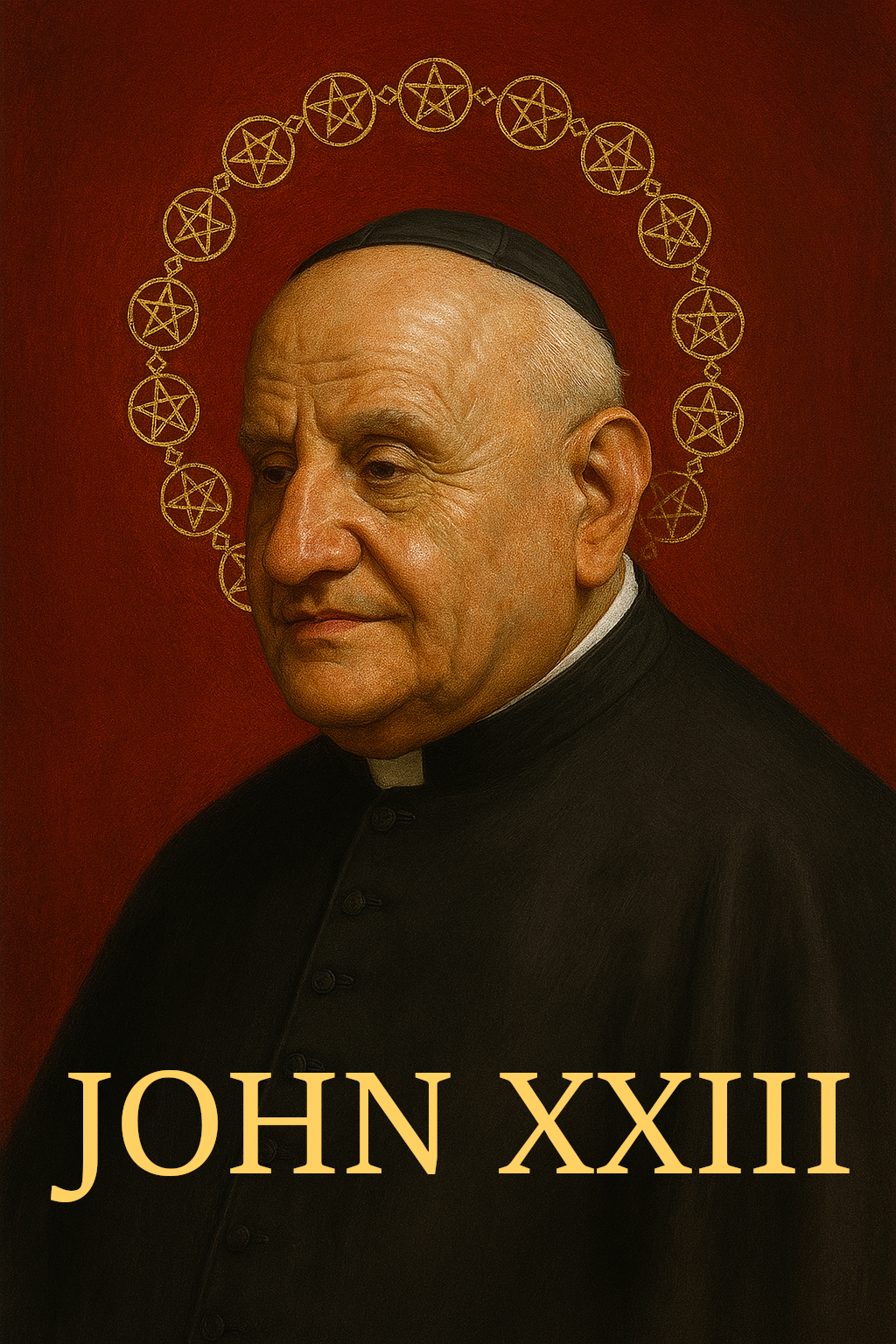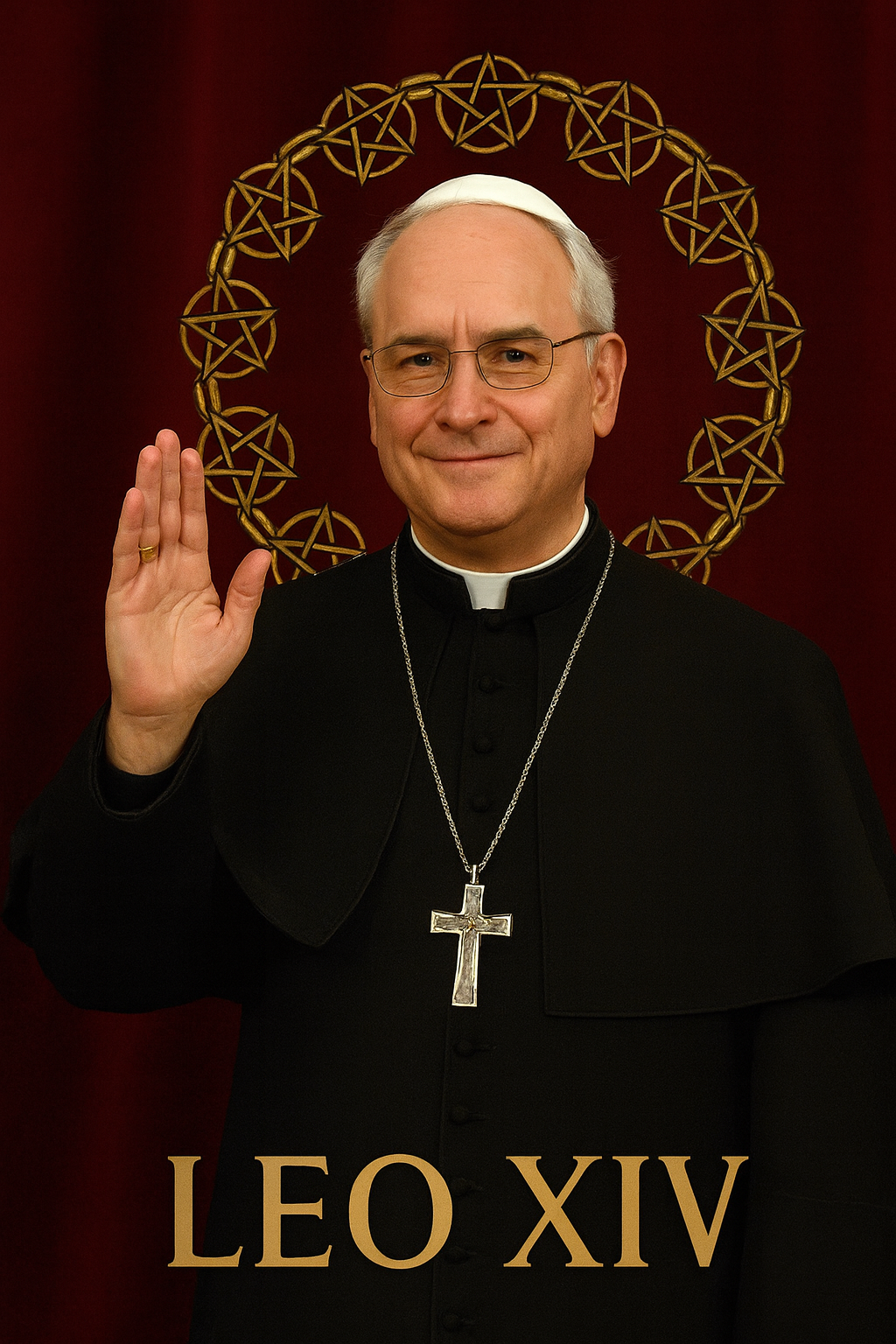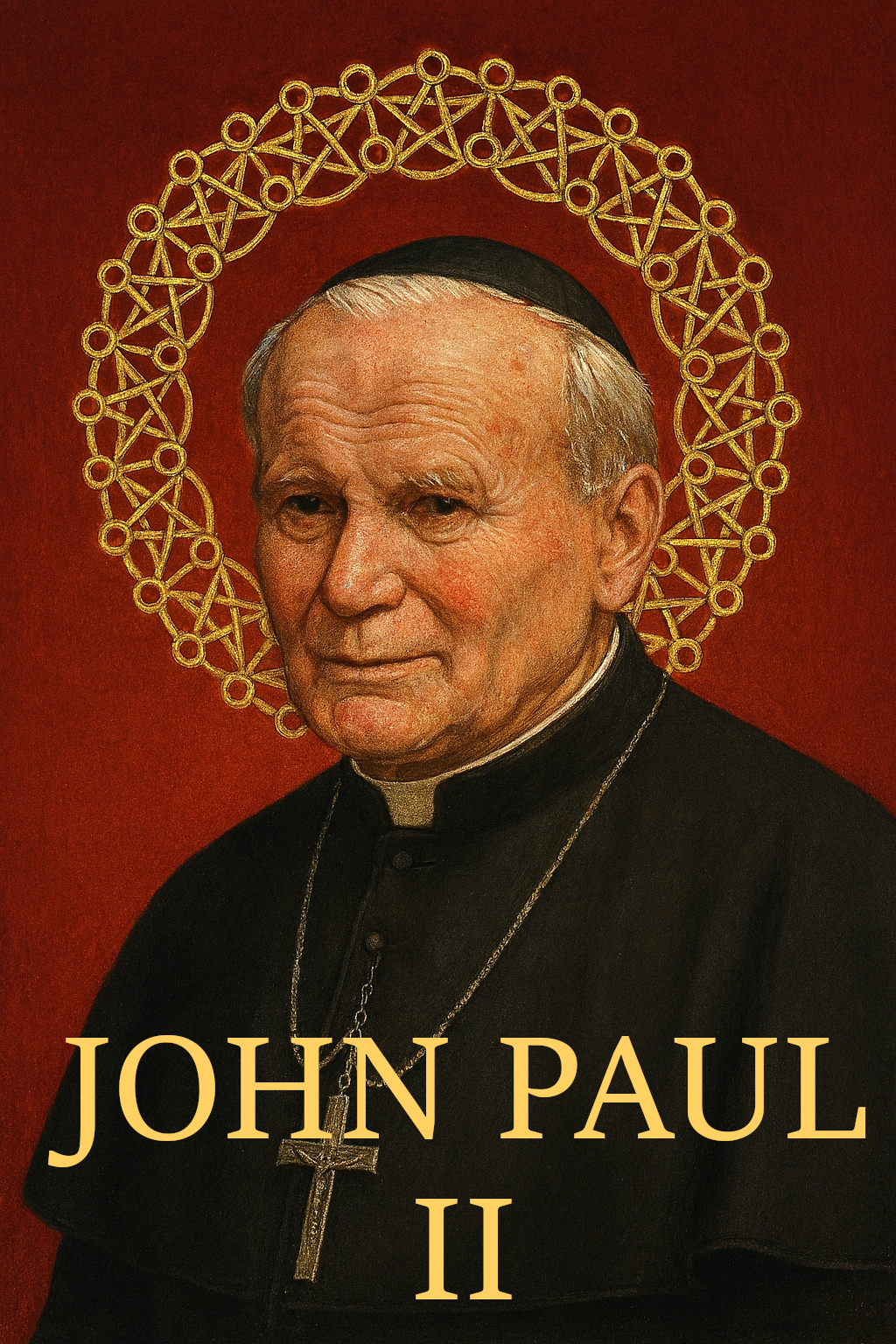Antipopes of the Antichurch



















Timeline of this heretical pontiff
Encyclical Letters
+ 15 posts1959
+ 7 posts1961
+ 4 posts1962
+ 2 posts1963
+ 2 postsApostolic Exhortations
+ 3 postsApostolic Constitutions
+ 93 posts1958
+ 6 posts1959
+ 87 postsMotu Proprio
+ 15 posts1958
+ 1 posts1959
+ 1 posts1962
+ 11 postsApostolic Letters
+ 151 posts1958
+ 4 posts1959
+ 63 posts1960
+ 78 posts1961
+ 1 posts1962
+ 4 posts1963
+ 1 postsSpeeches
+ 99 posts1958
+ 2 posts1959
+ 26 posts1960
+ 29 posts1961
+ 16 posts1962
+ 24 postsMessages
+ 6 posts1959
+ 4 postsHomilies
+ 4 postsLetters
+ 152 posts1958
+ 1 posts1959
+ 48 posts1960
+ 32 posts1961
+ 31 posts1962
+ 30 posts1963
+ 10 postsNot categorized
+ 1 posts1958
+ 1 postsNews feed


Grata recordatio (1959.09.26)
The document “Grata recordatio” (26 September 1959), issued by the usurper John XXIII, superficially exhorts the clergy and faithful to the devout recitation of the Marian Rosary in October, recalls with sentiment the encyclicals of Leo XIII on the Rosary, commemorates Pius XII, underscores the alleged continuity of the Roman pontificate, invites prayer for peace among nations and for rulers, warns in generic terms against “laicism” and “materialism,” and asks special prayers for the Roman Synod and the coming “ecumenical council.” Its sweetened Marian and pacifist rhetoric, however, serves as a cosmetic veil for the preparation of a revolutionary project that will mutilate the Kingship of Christ, relativize immutable doctrine, and inaugurate the conciliar sect.


Princeps Pastorum (1959.11.28)
This Latin text, issued under the name of John XXIII as “Princeps Pastorum,” presents itself as an encyclical “on Catholic missions,” commemorating Benedict XV’s Maximum illud and reaffirming the missionary policies of Pius XI and Pius XII. It praises the expansion of indigenous hierarchies, urges formation of local clergy and laity, promotes “Catholic Action” and lay apostolate, calls for social initiatives alongside evangelization, and concludes with rhetorical encouragement and blessings for missionaries. Behind its pious phrases, however, it codifies an ecclesiology of horizontality, ethnicization, democratization, and naturalistic activism that prepares and justifies the conciliar revolution against the universal and immutable reign of Christ the King.


Mater et Magistra (1961.05.15)
The indicated URL points to an encyclical attributed to John XXIII and hosted on the official portal of the conciliar establishment, but the page itself returns “Not Found,” symbolically mirroring the doctrinal void, ambiguity, and rupture characteristic of his so‑called magisterium and of the entire conciliar revolution he initiated. This missing document is not a neutral technical error; it is an apt image of a pseudo‑pontificate whose social teaching dislocates Catholic doctrine from the Kingship of Christ and bends it toward naturalism, humanism, and the cult of temporal “development” detached from the integral reign of Our Lord Jesus Christ.


Aeterna Dei sapientia (1961.11.11)
Aeterna Dei sapientia is a Latin encyclical of antipope John XXIII, issued on 11 November 1961 for the 15th centenary of the death of Saint Leo the Great. It offers an historical-panegyrical portrait of Leo I as pope, pastor, and doctor of the Church, praises his defense of the Incarnation and his role at Chalcedon, extols the Roman primacy in Leonine terms, and uses Leo’s figure as a theological and symbolic preparation for the convocation of the so‑called Second Vatican Council, presented as an instrument of visible unity for all Christians under the Roman Pontiff.
Varia
Announcement:
– News feed –implemented
– Antipopes separate web sites with their all documents refutation – in progress
